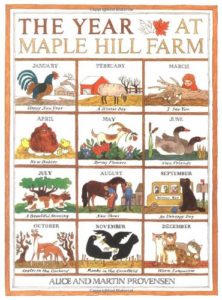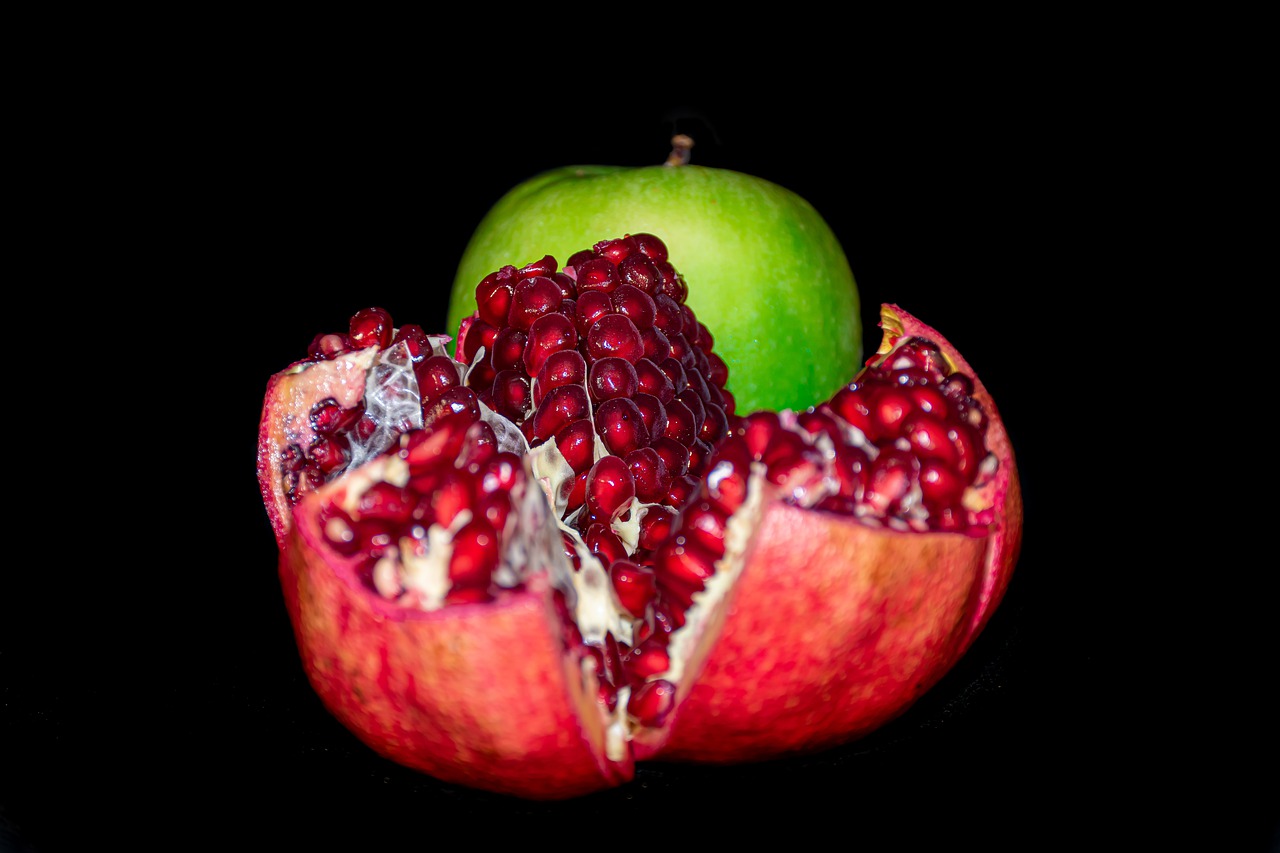Over the last decade of teaching thousands, I’ve often had nursing students comment on all I have accomplished in my career. Knowing this path hasn’t really been about me, nor has it all been glitz and glamor either personally or professionally, I just smile and share how it wasn’t a career path, but simply what unfolded while I was trying to follow what I believed to be God’s plan for my life at the time. I also describe to them how often more growth occurred during the waves of seeming inactivity than during the periods of extreme endeavor. So, I recommend to them that just like the ocean’s ebb and tide, it is important to know that each season has a distinct purpose and actually will ultimately prepare you for the next.

We were so excited to be taking our first trip to the ocean in 1980. As we sat on the beach with our one-year old twins, I simply marveled at the ocean’s majesty and found the rhythm quite soothing to my soul.
But our three-year old had a different idea. He was impressed, but he was also determined to conquer those strange new waves. So he would rush head-long into the water, each time being a little surprised when those waves lifted him up and flipped him over by pulling his feet right out from under him. As he sat back, puzzled, he soon came up with a new strategy. He would run into the water just a little ways, and when he saw the wave coming back, he would try to outrun it back to the beach. But again, down he went, for wasn’t as strong as the waves or as fast as he thought.
As he sat back, puzzled, he soon came up with a new strategy. He would run into the water just a little ways, and when he saw the wave coming back, he would try to outrun it back to the beach. But again, down he went, for wasn’t as strong as the waves or as fast as he thought.
Personally and professionally, it also took me many years to realize that when dealing with a force of nature, such as the seasons of life or the waves of the ocean, I am neither as strong or fast as I think I am, nor am I in control. I also learned that can’t change nature, no matter how hard I try. So if God uses those unending supply of waves and tides of the ocean along with the phases of the moon to set particular seasons in place, who am I to try and change them? Nevertheless, with the determination of my three-year old, for many years I tried to fight against the current season instead of working within it. Really? Hadn’t I been the one that emphasized to our little children about the different crops in different seasons in The Year at Maple Hill Farm? You would have thought a farmer’s daughter would have known better than to try and skip a season or two.
 When I was growing up, springtime meant plowing, planting, and cleaning. While our father was plowing the fields for spring planting, we also helped our mother launder the curtains and bedding to start Spring-cleaning. Our mother had always said that if her ears began to itch, it meant company was coming, so I guess to this day I simply get itchy ears as winter draws to a close and believe it or not, I still love Spring-cleaning.
When I was growing up, springtime meant plowing, planting, and cleaning. While our father was plowing the fields for spring planting, we also helped our mother launder the curtains and bedding to start Spring-cleaning. Our mother had always said that if her ears began to itch, it meant company was coming, so I guess to this day I simply get itchy ears as winter draws to a close and believe it or not, I still love Spring-cleaning.
During summertime on a farm, there were always lots weeds to be pulled to prevent plants from being choked out, as well as watering to keep the maturing harvest from the sweltering heat. I can even remember pulling our little wagon around the fields with my one-year old brother in it. You see, everyone on the farm had a job, and mine, at 5-years old was to keep the baby happy (hence pulling him in the wagon), plus picking up rocks from the field. (Strange as it might seem, no matter how many times we went over a field, with the next rain, rocks would suddenly appear and had to be removed once more from the area.) Summertime had its share of work but also brought the fruition of the springtime crops and some of the unique fruits of summer. So I have found to be true with in my life. The little weeds of complaining and arguing (and the bigger rocks of quiet rebellion that are just under the surface until I get rained on) have to be cleared from my garden of life, from time to time, for me to be ready for the next planting season! Plus, if you’ve ever seen a true lady gardener in her 60’s and 70’s, whether she always grew flowers or vegetables, those pioneer women can still bend and twist and squat with ease in their latter decades, for the use of those muscles kept them limber. Additionally, in the Book of Hosea, it warns that “weeds will take over their treasures of silver” (9:6), so it would appear their might be more than one reason that weeds need to be removed.
For farmers, in the early fall of the year, there are more crops to plant, the kind that are heartier and can withstand some cold. Those autumn picks keep well over the winter months and provide extra subsistence, bold flavors and savor. As in nature, so with our careers! With time comes the ability to tolerate some challenges and changes that we couldn’t have in the springtime of our professions, but as we are seasoned, we can withstand the storm, take those lessons learned, and put back some of our treasures for the future. And when the briskness of that first crisp autumn night comes, we then can gather and share the harvest of our labors.
While some might look at winter as a time of deadness and dreariness, especially in some regions of our country that literally get snowed in, others choose to look at the gifts of that season that no other season can offer. In life, when a woman is seasoned, when she has lived several decades and lived them graciously, she has much to offer and much to look forward to. As winter is actually is the queen of all seasons, being host to all of the greatest celebratory times with friends and family we have all the year, so seasoned women can contribute to a personal or professional environment like no other. So when I face chilly days, I prefer to use that as a time to slow down, daydream, and make plans. Maybe my plants or plans appear dormant during this season, but they are simply waiting to be revived as I share them with the next generation within my family or professional circle.
Just as there are four seasons of nature, there are four intertwined life seasons. Wherever you are in your current role personally or professionally, there will be changes, ebbs and tides, purposes and plans, and that is okay. For me, I have found that most frustration has come from trying to live out of sync with my current season, but when I am at peace with my season, I am at peace with the change.
 While I have previously mentioned Patricia Benner model for the levels of experience within the profession of nursing (novice, advance beginner, competent nurse, proficient nurse, or expert nurse), the same levels apply to all professions, whether in farming, ranching, accounting, sales, retail, or any host of roles or seasons in which you might find yourself in during your lifetime.
While I have previously mentioned Patricia Benner model for the levels of experience within the profession of nursing (novice, advance beginner, competent nurse, proficient nurse, or expert nurse), the same levels apply to all professions, whether in farming, ranching, accounting, sales, retail, or any host of roles or seasons in which you might find yourself in during your lifetime.
Are you new to your field or role, a novice or beginner? A wise prophet once said, “Do not despise these small beginnings?” (Zechariah 4:10). Know that it is okay to be a novice, for that is where we all started. And you cannot jump ahead, for it is time and seasons, as well as diligence that promotes you to the next level. According to Benner, an advanced beginner has acceptable performance and is starting to relate knowledge gained from the past experiences to the current situation. Since a seed that has been planted cannot be consistently uprooted and plan to survive, in the early years of your career you might do well to maintain some consistency. A competent nurse, per Benner, has worked a few years in one area of nursing and therefore can plan ahead and anticipate problems before they occur. Then a proficient nurse has worked many more years in the profession and understands the bigger picture so ultimately becomes more holistic. Finally, an expert nurse draws on their deep realm of experience and provides exceptional care almost as their second nature.
Seasons will always change, but how we weather them depends on how deeply we are rooted and watered. Next month, we will explore more fully how choosing to live in our current season actually allows us to not only enjoy the moment in which we find ourselves today, but to also prepare us for the next. Meanwhile, enjoy the beautiful autumn days!













